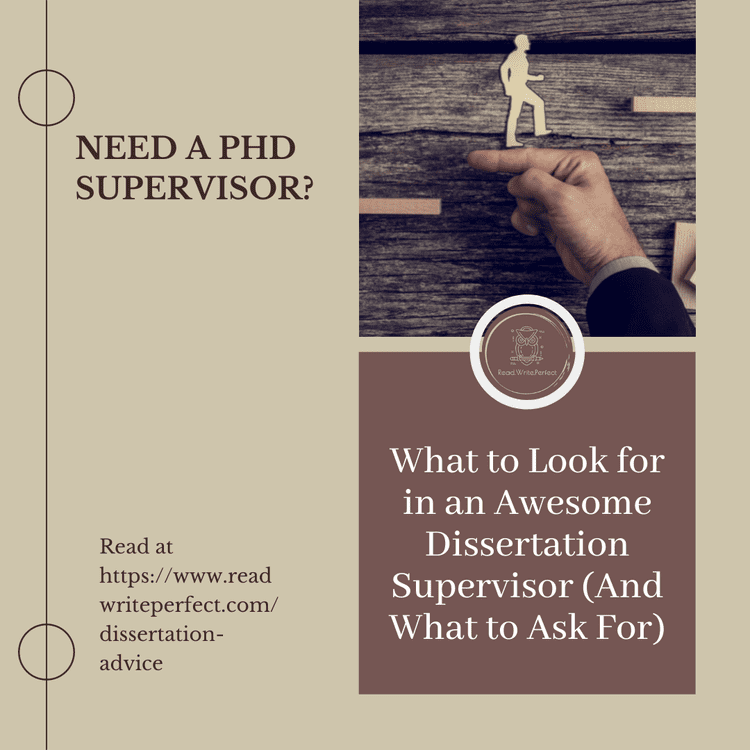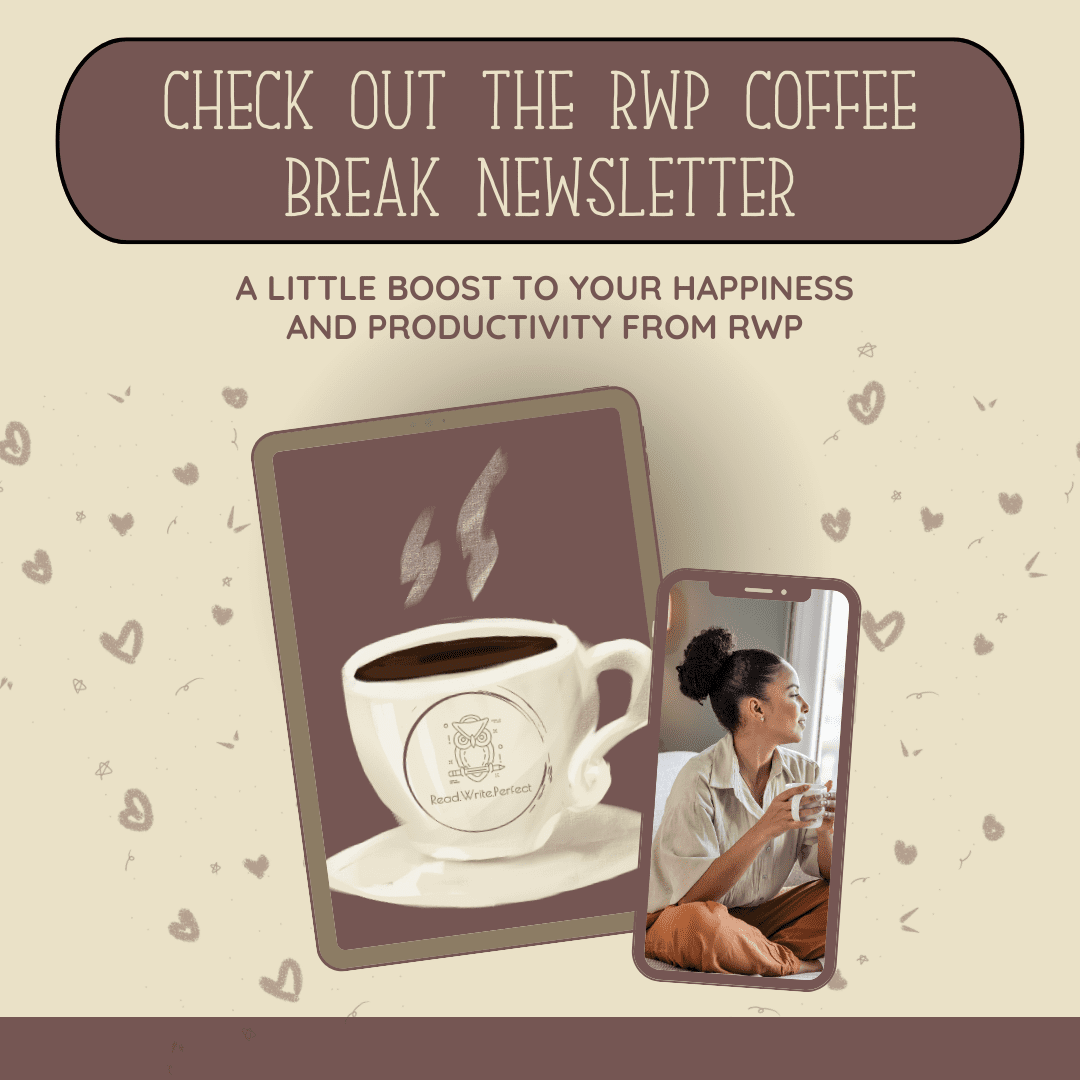
Most new students look for a dissertation supervisorwho will be a good role model for their PhD project and academic career, who has a good publication record, and who expresses interest in their topic or research ideas.
While these qualities are important, they don’t tell you much about what your working relationship with the supervisor will be, and that is where many supervision problems begin.
Whether you’re a bit lost, an absolute beginner, or a long-distance PhD student, choosing and managing a supervisor to ensure the best working relationship possible can be intimidating. So, I’m here to answer some questions that often get asked by my students.

You goal is to choose someone who has your best interests (both in terms of career and wellbeing) in mind and is willing to invest time and attention in your and your project.
When deciding who to approach, choose someone who:
While you’re researching potential PhD supervisors, there will be some things that you can’t tell just by looking at a professor’s web page. You will only know whether they are a good fit for you by talking to them. That’s why it’s important to meet with your potential supervisor to find out more about them and their ways of working.

How often does my supervisor hold office hours? Do they have an open-door policy? Office hours are important for when you get stuck and need your supervisor’s help to move forward. This will happen, so regular and reliable office hours are important.
Am I going to get along well with this person? If your personalities clash (and some just do!) then this person is not the right choice, no matter how good their credentials and reputation are. Remember, you will be working hand in glove with this person, so personality matters!
Are they organized, communicative, and efficient? Your dissertation journey will be punctuated by moments of confusion, uncertainty, doubt, and frustration. Helping you overcome these by providing clear instructions, targeted guidance, and immediate support is the supervisor’s role, but not all supervisors recognize this and take it seriously. If this person does not approach the supervisor role in a business-like manner, they may cause you problems down the line. See the next section for tips about what to ask for!
Are they likely to set and meet realistic goals? Do they offer flexibility? The PhD is as much about learning the research process as it is about conducting new research. Learning takes time and patience and often requires some false leads, backtracking, and rethinking. At the same time, you are a human being as well as a student – and sometimes, life will happen. Will this supervisor guide you along the path with empathy, or will they push for you to get done quickly, no matter what?

Putting in the effort to craft a good supervisor relationship is essential. It can help you avoid time-wasting mistakes and premature problem-solving. It can also help you develop the skills and confidence to work autonomously and effectively.
